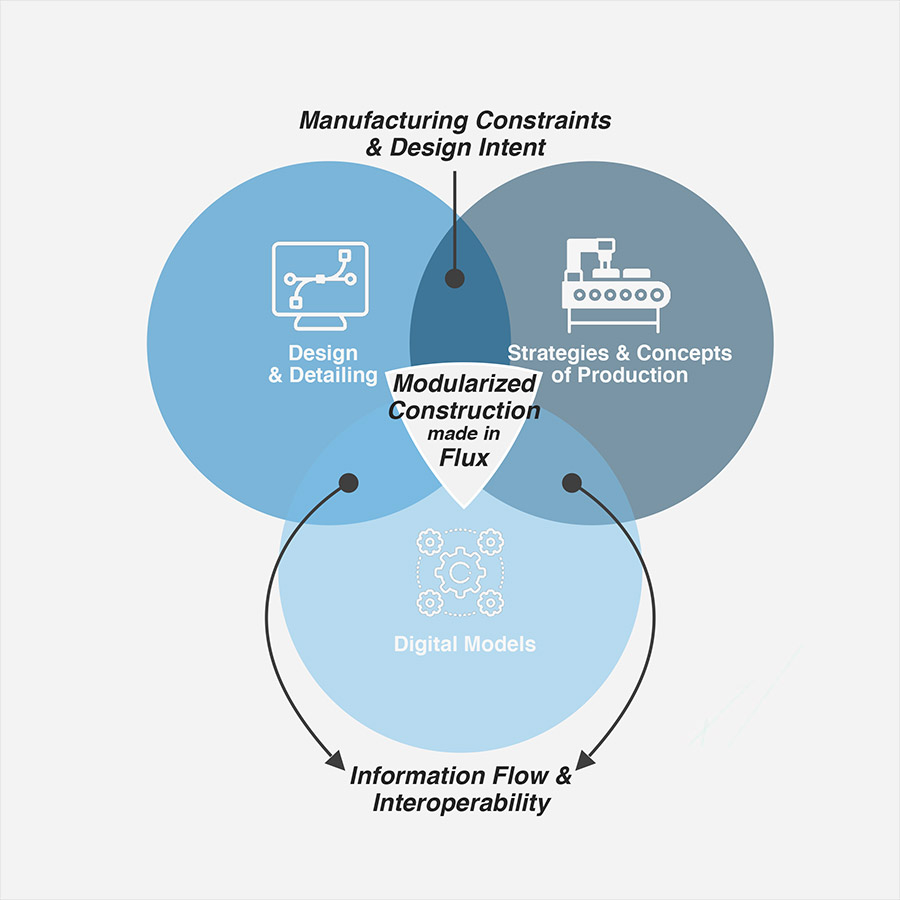Calendar of Events
M Mon
T Tue
W Wed
T Thu
F Fri
S Sat
S Sun
1 event,
aaec network member symposia
aaec network member symposia
Daria Kovaleva is an architect and a Research Associate at the Institute for Lightweight Structures and Conceptual Design (ILEK) at the University of Stuttgart. After her graduation in 2009 she worked in various architectural offices, including Werner Sobek Group, and in 2014 joined ILEK team in the field of functionally graded concrete structures. Her research within SPP 2187 is focusing on design and fabrication of water-soluble sand formwork system for complex concrete structures. The progress of Design and Detailing working group she will present together with SPP colleagues Zlata Tosic, Martin Rettinger and Lothar Kolbeck.
0 events,
0 events,
0 events,
0 events,
0 events,
0 events,
0 events,
0 events,
0 events,
0 events,
0 events,
0 events,
0 events,
0 events,
0 events,
0 events,
0 events,
0 events,
0 events,
0 events,
0 events,
0 events,
0 events,
0 events,
0 events,
0 events,
0 events,
1 event,
aaec Network partner seminar
aaec Network partner seminar
The ongoing climate, resource, and financial crises underscore the failure of a prosperity model based on growth and dependency on consumption. An ecological uncoupling of economic growth is not in sight. In an expanding economy, rebound effects wipe out advances in dematerialization or decarbonization. Furthermore, an important finding of the so-called science of happiness postulates that once a certain level has been reached, an increase in monetary or material wealth no longer contributes to subjective wellbeing. In place of expansive green economy policies, it is time to take a look at the concept of post-growth economics. Altogether five steps mark the way to a post-growth economy, namely (1) sufficiency as an act of clearing out or throwing off ballast, (2) new adjustment of the balance between self-supply and external supply, (3) de-globalization by regional cycles and complementary currencies, (4) material zero-sum games and (5) institutional innovations.

